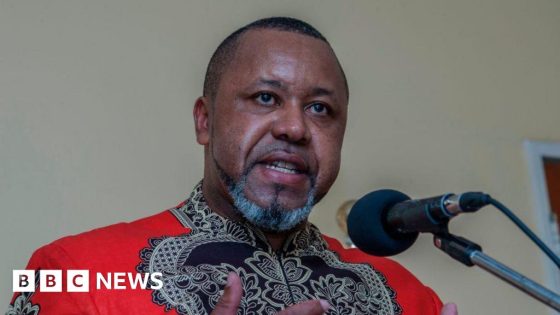Female veterans’ unique medical and physical needs are being ignored and neglected by the military and veterans programs, according to a House of Commons committee report released this week.
“Despite some progress, female veterans remain largely invisible and their specific needs are often neglected by [Canadian Armed Forces] and [Veterans Affairs Canada] programs,” it says.
The report, Invisible no more: The Experiences of Canadian Women Veterans, is based on committee testimony from almost a hundred witnesses over more than a year.
The committee heard female veterans lacked access to proper equipment and physical training support while serving. Female veterans also said their health-care needs are being ignored and that many experienced or witnessed acts of sexual harassment or assault while active members of the Canadian Armed Forces (CAF).
One witness, retired captain Louise Siew, told the committee that on multiple occasions she observed “warrant officers sleeping with cadets … convincing a cadet that if they do this they’ll pass basic training.”
Siew said that when she reported one such incident to senior leadership, the “recruit was sent home and the warrant officer was returned to work with me.”
“Sexual abuse was used as a way of almost controlling, in some cases, women,” Siew told the committee. “I spent a year at one time in my career as a commander hiding from senior officers. I mean that literally.”
Military sexual trauma
The committee said that over the last three years, Veterans’ Affairs has received about 3,400 claims of military sexual trauma from female veterans.
“Attempts to reform military culture in order to eradicate this scourge have all come from without, under pressure from court rulings,” the report says. “The CAF has yet to demonstrate that it is willing and able to take the lead in these transformations without having them imposed.”
The report makes 42 recommendations. Many of them call on the federal government to take specific actions to address the long history of sexual abuse of women in the CAF.
Those recommendations include a call for an apology from the federal government and the CAF for presiding over “a culture where military sexual trauma has been allowed to thrive for decades.”
A new parliamentary report lists 42 major changes needed to improve working conditions for women in the military, from addressing sexual misconduct to gaps in medical services.
The report also recommends Veterans Affairs improve its assessment of medical conditions brought on by sexual assault, and provide women-only veterans’ community housing.
The committee said it also wants the Department of National Defence (DND) to establish a way for women to report sexual assaults without going through the chain of command.
“Acknowledging what so many women have faced, and continue to face … to me, it would be very meaningful,” retired Royal Canadian Air Force reservist Christine Wood told CBC News.
The committee report also found that women’s unique health care needs were routinely ignored by the military.
Pregnant CAF members didn’t get proper care, committee hears
“It’s really unfortunate it’s taken this long,” retired major Donna Riguidel told CBC News. “Women have been allowed in the military since the late 1980s and we’re only now starting to realize that, you know what, our bodies are different.”
“Given the much larger number of male veterans, physical health issues affecting only women have often been dealt with as merely an afterthought,” the report says.
The committee reported it heard numerous accounts of pregnant CAF members failing to receive proper medical care. It also said that less than seven per cent of pregnant members “received specialized training and support.”
The report calls on the CAF to ensure that its medical staff are trained to treat medical conditions specific to women, including conditions related to pregnancy and childbirth.
The report also recommends that Veterans Affairs “clearly define and recognize women’s health conditions” and ensure they can be properly documented.
The report also said the committee fears that women are being forced to rely on equipment designed for men.
“We struggle with clothing, rucksacks, helmets and boots that do not come in small enough sizes and are not designed to fit females,” Master Cpl. Jacqueline Wojcichowsky told the committee during its study.
“It doesn’t just take a toll on our bodies,” she said. “It becomes humiliating when we have to deal with wardrobe malfunctions in front of our male peers.”
The report says that servicewomen end up discarding ill-fitting equipment, which jeopardizes both their safety and their ability to claim compensation from a resulting medical condition.
“The CAF acknowledges the problem, but they have been surprisingly slow to react, since this has been a problem as long as there have been servicewomen,” the report says.
The committee recommends that, going forward, DND renew equipment contracts only if suppliers can guarantee the gear will fit women.
Veterans Affairs Minister Ginette Petitpas Taylor said the government will respond to all 42 recommendations.
“We have to make sure that women veterans have access to the services that they need based on the injuries that they have,” said the minister.
Source Agencies




